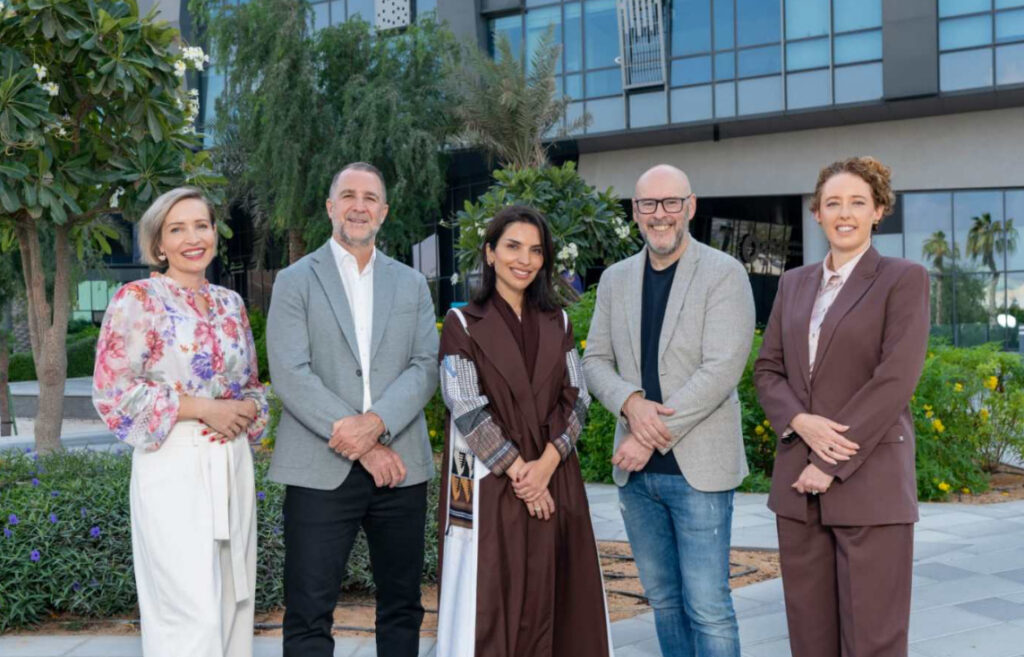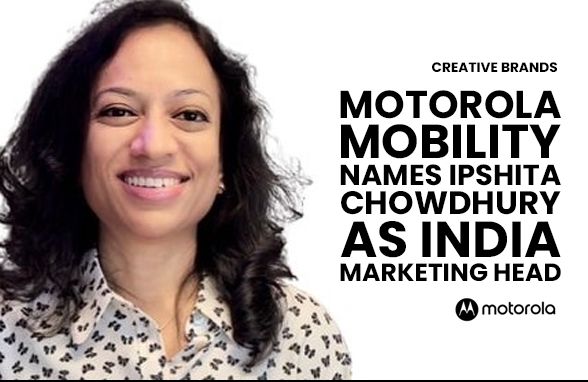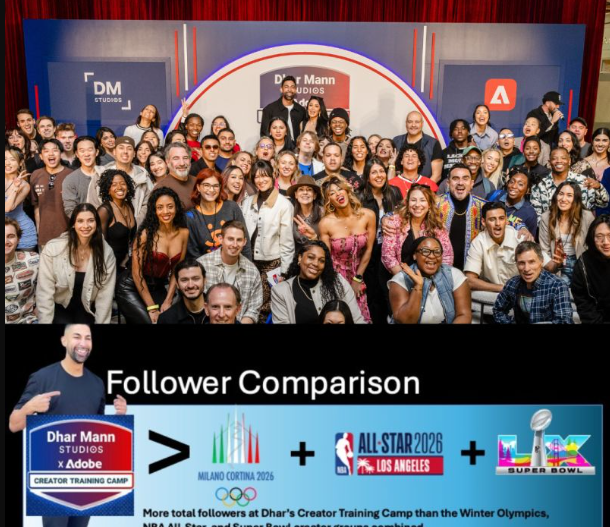A coalition of leading GCC marketing and communications bodies has launched the Mental Health Charter 2025 to address rising stress and burnout across the industry. Built on four key pillars and inspired by young professionals, the charter promotes open dialogue, flexible work cultures, trained managers and wellness-focused practices to create healthier, more resilient workplaces.

The marketing and communications industry in the Gulf region has entered a new chapter in its approach to workplace well-being with the launch of the Mental Health Charter 2025, a collaborative initiative shaped by some of the most influential professional bodies in the sector. The Marketing Society, PRCA MENA, the Middle East Public Relations Association (MEPRA) and mentl have come together to build a shared framework aimed at confronting a crisis that has long simmered beneath the industry’s glossy surface. Their message is clear: the mental health struggles of mar-comms professionals can no longer be treated as an afterthought or a private battle. They deserve institutional attention, resources and, most importantly, an open conversation.
The charter is built upon a growing body of evidence about how profoundly workplace culture in the region influences employees’ mental well-being. Data from the 2024 PRCA MENA mental health survey serves as both a warning and a catalyst. More than half of the respondents, 51 per cent, said their workplace exerted a strong influence on their mental health. Perhaps more alarming is the rise in self-reported mental illness within the industry: 30 per cent of professionals said they had experienced a mental illness, a dramatic increase from 10 per cent just three years earlier. The sense of discomfort surrounding mental health conversations remains persistent, with 37 per cent saying that discussing their struggles at work feels inappropriate. For an industry defined by communication, the inability to communicate about well-being has revealed a deep contradiction that industry leaders say must be corrected urgently.
The launch of the charter itself was symbolic in many ways. Rather than senior executives unveiling the initiative, it was introduced by young scholars at The Marketing Society’s Changemakers Conference held at the Museum of the Future in Dubai. More than 300 executive and mid-management marketers attended the event, witnessing firsthand how the next generation of industry professionals is pushing for a healthier and more empathetic future. Their involvement brought an intergenerational dimension to the initiative, reminding attendees that it is the emerging workforce that often bears the brunt of burnout, stigma and unbalanced work cultures.
Amina Taher, Chief Marketing Officer of WIO Bank PJSC and UAE Chair of The Marketing Society, emphasised this point, calling attention to the origins of the charter. She noted that it began as a project by young scholars who were unwilling to accept silence around mental health as a norm. In her words, the charter is a powerful move toward reframing vulnerability and asking for help as signs of strength. This reversal of long-held beliefs challenges one of the most entrenched aspects of workplace culture across the region—the expectation that stress should be endured quietly and that resilience must always look like stoicism.
The coalition behind the initiative has repeatedly stressed that silence in the workplace around mental health is not just an emotional burden but an economic and organisational one as well. Burnout has real costs, from absenteeism to reduced productivity to the loss of talented professionals who decide to leave rather than continue fighting the same battles. By encouraging open dialogue and offering support without judgement, the industry stands to protect both individuals and performance. Leaders argue that in a field where creativity, collaboration and strategic clarity are essential, mental well-being is not a soft metric but a business imperative.
The foundation of the Mental Health Charter 2025 is built on four main pillars that aim to make cultural change actionable rather than aspirational. The first pillar focuses on culture and workplace foundations, urging companies to establish clear boundaries, healthier communication norms and flexible working arrangements that respect personal time. These commitments are especially significant in a sector known for long hours, tight deadlines and constant connectivity. The second pillar, train the front line, highlights the crucial role managers play in shaping workplace well-being. The charter recommends providing leadership training on mental health and certified mental health first aid programmes so that managers can recognise early signs of stress and burnout instead of responding only when crises escalate.
The third pillar addresses the need to normalise conversations about mental health, treating them as routine and stigma-free as discussions about physical health. This includes leadership-led dialogues and anonymous reporting channels, providing employees with the psychological safety needed to speak openly. The final pillar, movement as medicine, integrates regular physical activities as part of the well-being strategy. Industry leaders point to extensive research linking movement to reduced stress, improved mood and greater resilience, and the charter encourages companies to support active lifestyles through wellness allowances and workplace initiatives.
Industry leaders see these pillars as not just guidelines but commitments that will reshape how organisations function. Kate Midttun, Founder and CEO of Acorn Strategy and Chairperson of MEPRA, said the charter marks a turning point where long-held intentions are being translated into practical action. By adopting a framework created by industry for industry, organisations can help employees feel more supported and strengthen the long-term sustainability of the communications sector. Scott Armstrong, Founder of mentl, echoed the sentiment, calling well-being a smart business decision. Healthy employees, he argued, are the foundation of both creativity and sustained growth—qualities at the core of marketing and communications work.
The story of the charter’s creation adds another layer of meaning to the initiative. It began not in boardrooms but within The Marketing Society’s UAE Scholarship Programme, where 50 early-career professionals were invited to spend six months being mentored by industry leaders. Their final task was to develop recommendations for a mental health charter, and the result became the foundation of the initiative being implemented today. The final version was developed by Isabel Calandrini, Kimberly Rodejo and Nathalia Tawil under the guidance of a panel that included Armstrong, Emma Cantwell of The Marketing Society, Midttun from MEPRA and John Rynehart from PRCA. What began as academic exploration transformed into a concrete, region-wide action plan—an uncommon trajectory in an industry where young voices are often overshadowed by senior experience.
The Mental Health Charter 2025 represents more than a policy document; it is a cultural statement that the GCC’s mar-comms industry is ready to confront its internal challenges with honesty and collective responsibility. As organisations across the region review the charter and pledge their support, the hope is that workplaces will evolve into environments where well-being is not merely encouraged but embedded into the foundations of organisational culture. In an industry built on shaping public perception, the shift toward prioritising internal humanity may be its most meaningful campaign yet.
Discover more from Creative Brands Mag
Subscribe to get the latest posts sent to your email.

















Leave a comment